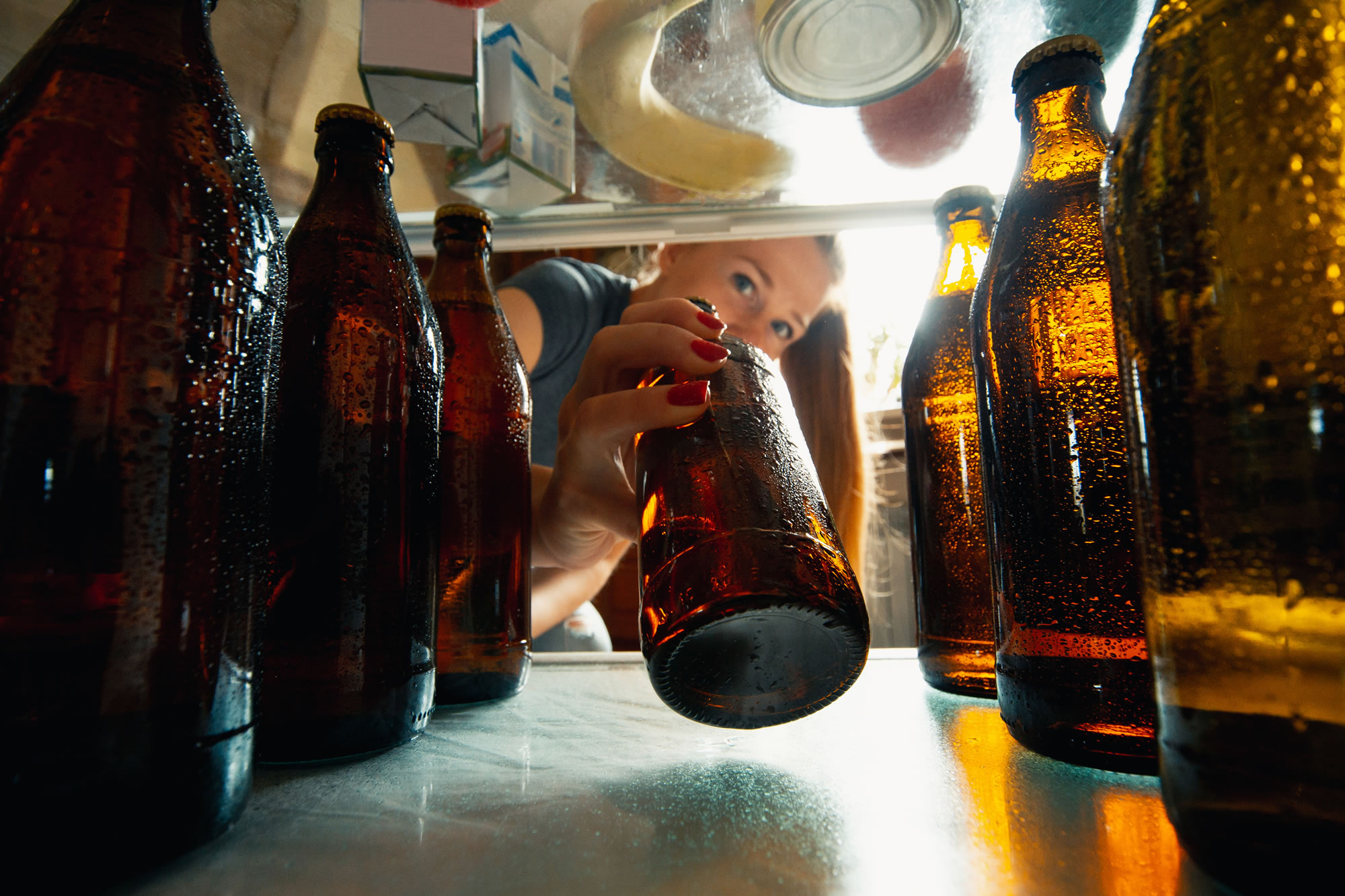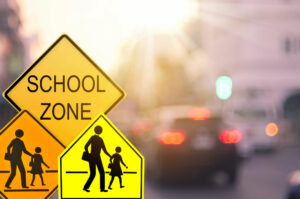RCMP have confirmed that paramedics were called to Stephen Harper’s home at 24 Sussex Drive last Saturday, reportedly to aid an 18-year-old woman with suspected alcohol poisoning. A source said there was a party at the Prime Minister’s home to celebrate his son’s 18th birthday.
The legal drinking age in Ontario is 19.
Fortunately, the young woman collected from the Harper residence is okay. However, the story serves as a warning for parents and guardians to be careful about underage drinking in the home. Particularly as we approach high school grad season.
I was invited to chat with Simi Sara this week about the legal responsibilities of parents in situations like what happened at the Prime Minister’s home. What sort of legal liability are parents exposed to if underage drinking is happening in the home? What are the possible legal consequences?
The truth is, there is no clear-cut answer. But there are a few things to consider:
- The legal drinking age in B.C. is 19. So there are legal consequences to serving alcohol to people under 19.
- However, the law in B.C. does allow parents or legal guardians to provide alcohol to their minor children in their own homes (with appropriate supervision).
Could you let your kids have a glass of wine at a family dinner? The law would likely not fault you. But it would not be wise to serve alcohol to other minors visiting your home.
But what if your underage guests serve themselves alcohol that they bring to the party?
Under the Occupiers Liability Act, parents must ensure their home is reasonably safe for guests, including both the condition of their home and the activities occurring there. If a party gets out of hand and someone is harmed in a beer pong tournament, then the hosting parent could be held liable. To protect yourself, you must take steps to be aware of what is going on in your home and maintain some level of supervision of minors and their activities.
Social host liability gained attention in the Supreme Court of Canada’s 2006 decision Childs v. Desormeaux. In this case, a couple is hosting a party in their home. Except for a small glass of champagne served to guests at midnight, the party is “BYOB” (Bring Your Own Booze). One of the guests, Mr. Desormeaux, is known to be a heavy drinker, so the hosts are careful to ask him if he is okay to drive before letting him get behind the wheel. He says “No problem,” and drives off, later causing a head-on collision that kills one passenger and seriously injures the other three. Zoe Childs, a teenager, is paralyzed.
The Judge finds the hosting couple not liable for Ms. Childs’ injuries.
The case is significant because it’s the first time the Court considers social host liability. The Judge says commercial hosts, like bars or clubs, are under a legal duty of care to third parties (drivers on the roadways) injured by drunk guests. But this is the first time the Court has considered the duty owed by social hosts to plaintiffs like Ms. Childs.
The law continues to evolve and recent court decisions are assigning greater responsibility to social hosts. In the 2013 B.C. Supreme Court decision Lutter v. Smithson, claims are made against parents who allow a 19th birthday party for their daughter in their backyard. One of the guests, 18-year-old Dallas Smithson, becomes very drunk at the party. He leaves the Mazu house driving a friend’s car and hits a taxi, injuring the passenger and killing the driver. The passenger of the car, Mr. Lutter, is now suing the adult hosts of the party for failing to control the situation, allowing a legal minor to drink alcohol, and failing to take away Mr. Smithson’s keys or prevent him from driving. That case is now before the courts.
It’s a Question of What is Reasonable
The law is usually looking at the reasonableness of the actions of the hosts. Did you make a reasonable effort to ensure the safety of your guests? Have you set reasonable limits on alcohol consumption, or take reasonable steps to prevent guests from drunk driving by taking away car keys, or calling taxis? If yes, the law might excuse you from liability.
Imagine a minor becomes drunk in your home, loses his balance, and falls over a balcony railing. He is paralyzed. A lawyer acting for the injured young man sues you for millions of dollars. You only have a one-million-dollar insurance policy on your home. If you are found to be negligent you will owe millions of dollars.
It’s a tough call – deciding whether or not to let minors drink in your home. As a lawyer, I remind you that it is illegal to serve alcohol to minors in your home, just as it’s illegal for the neighbours to give your kids alcohol in their home. You have a duty to take reasonable care to protect people drinking in your home from bad things that might happen. By taking reasonable care you also protect yourself against having to pay a large judgment.
Listen in for more information.
NOTE: an earlier version of this post incorrectly referred to the social hosts in Childs v. Desormeaux as the Childs family. The social hosts were in fact Dwight Courrier and Julie Zimmerman, friends of the defendant, Mr. Desormeaux.






